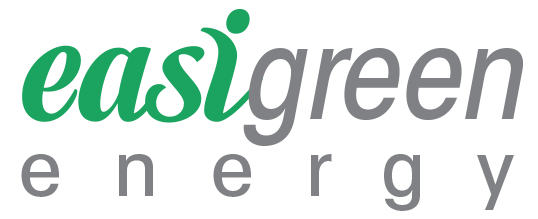Solar Flashing Beacon
Solar flashing beacons have a number of real life applications whether it is at sea or on traffic laden roads. They are essential for nautical and traffic safety and are a common feature on most roads and harbors. Regular beacons are now increasingly being taken over by solar beacons which have no running cost whatsoever after installation and have superb functioning.
Types Of Solar Flashing Beacons
• School zone flashing beacons perform an essential civic function of keeping school areas quiet as well as free from intruding and irrelevant traffic. They might be accompanied by a traffic controller person but usually they act on their own and several of them may be installed in one spot. Since these are solar-run they are absolutely free to run which is a great advantage once the preliminary cost is dealt with. They can last a minimum of ten years. They indicate that small children might be on the road or crossing the road and can prevent major accidents this way.
• Stop beacons are accompanied by other traffic related lights and signs and are for when pedestrians are passing or when the traffic needs to be stopped for a period of time. They accompany lit signs like ‘Do not enter’ or ‘stop’. They flash constantly so that they can be seen from afar.
• Hazard beacons are a type of warning sign for various off limits areas like places where toxic fumes may exist or construction is taking place. Sometimes they are used to denote the site of an accident. They are great for congested city areas where regular signs may go unnoticed. They use LED bulbs to emit strong piercing light which catches the attention of drivers and pedestrians alike.
• Moisture sensor beacons prevent accidents when the road is covered with water, snow or hail. They turn on automatically after or in the midst of a storm. They provide an important public function and warn drivers that areas ahead might be dangerously slippery. If a driver is not warned beforehand they might speed up and lose control of the car which can result in a serious accident. Many accidents have been prevented in the US in the past year ever since more attention is now paid to installing moisture sensors.
• Timer controlled beacons are for various functions such as controlling a zebra pass and so on. They are timed to go on and off on certain times so that people can cross the road. They are also used to indicate extreme caution during entry or driving and may be coupled with hazard beacons in some areas.
• High water sensors are used for the sea so that boat owners as well as regular beach goers can see when the water has passed a certain preset safe height and it is time to not go in the water or vacate the beach. People already on the boat will be warned to proceed cautiously.
• Remote controlled beacons are activated in times of extreme emergency or in the case of certain natural disasters.
